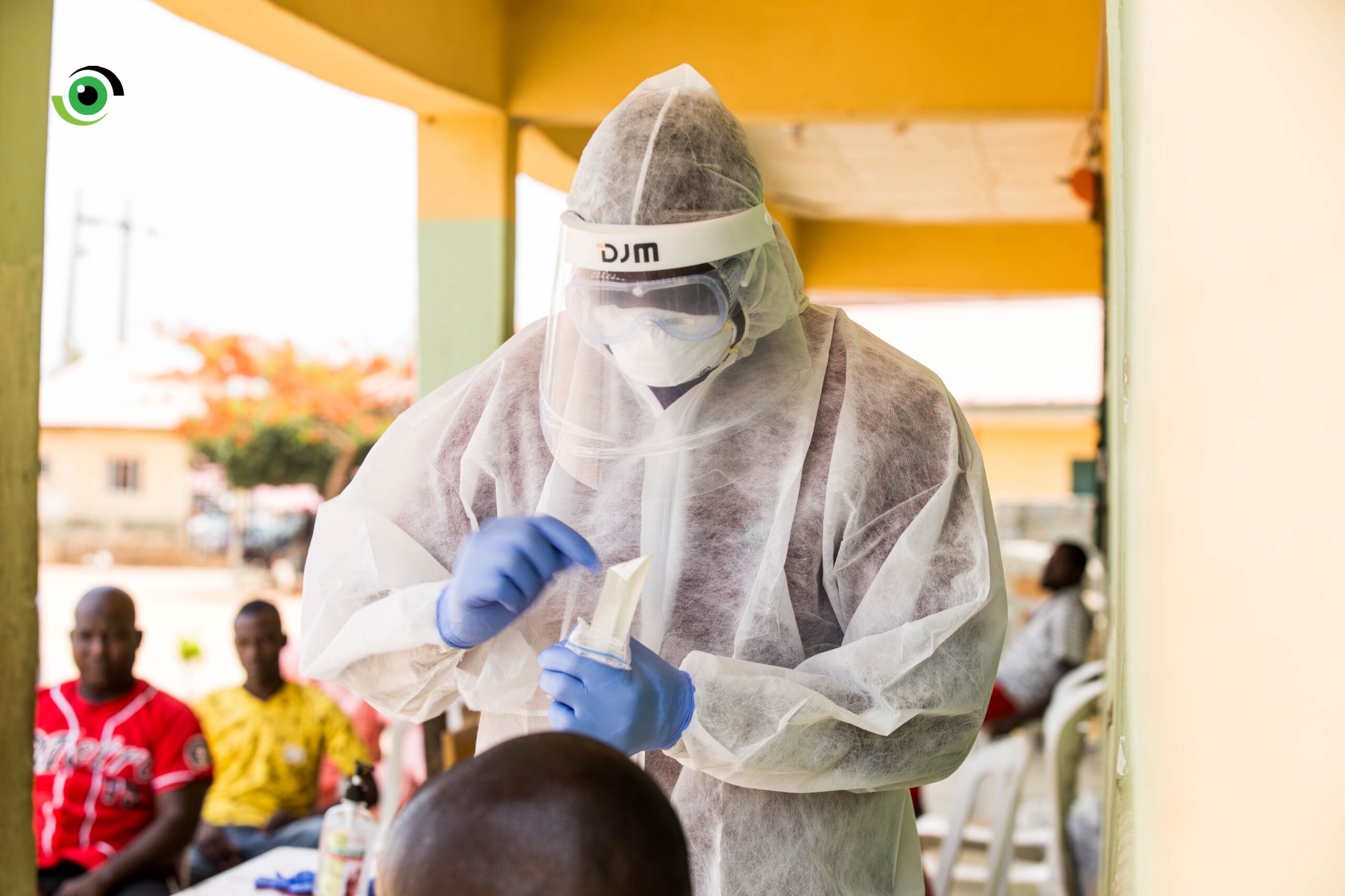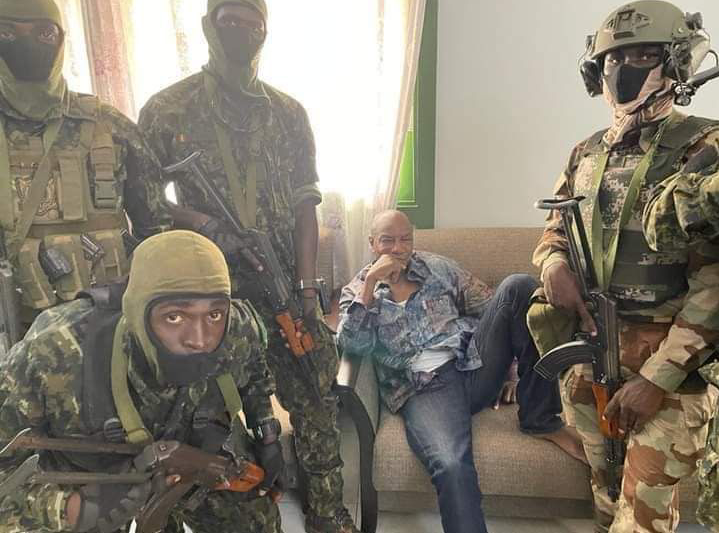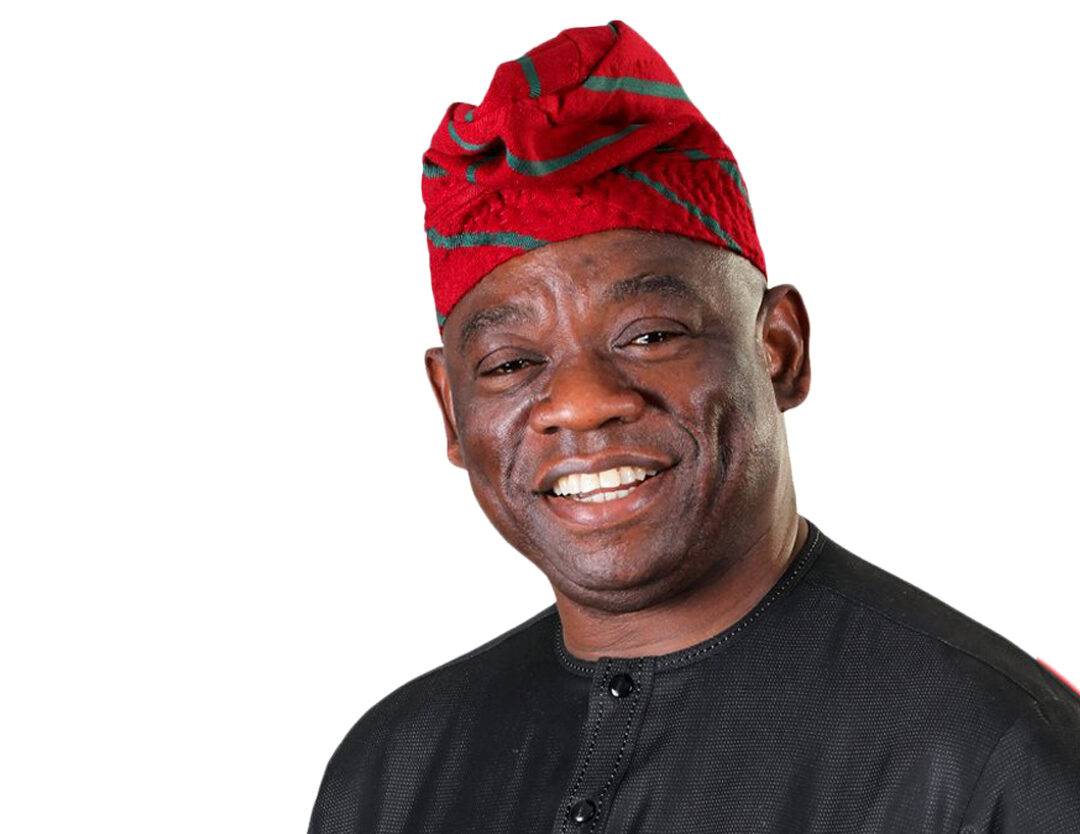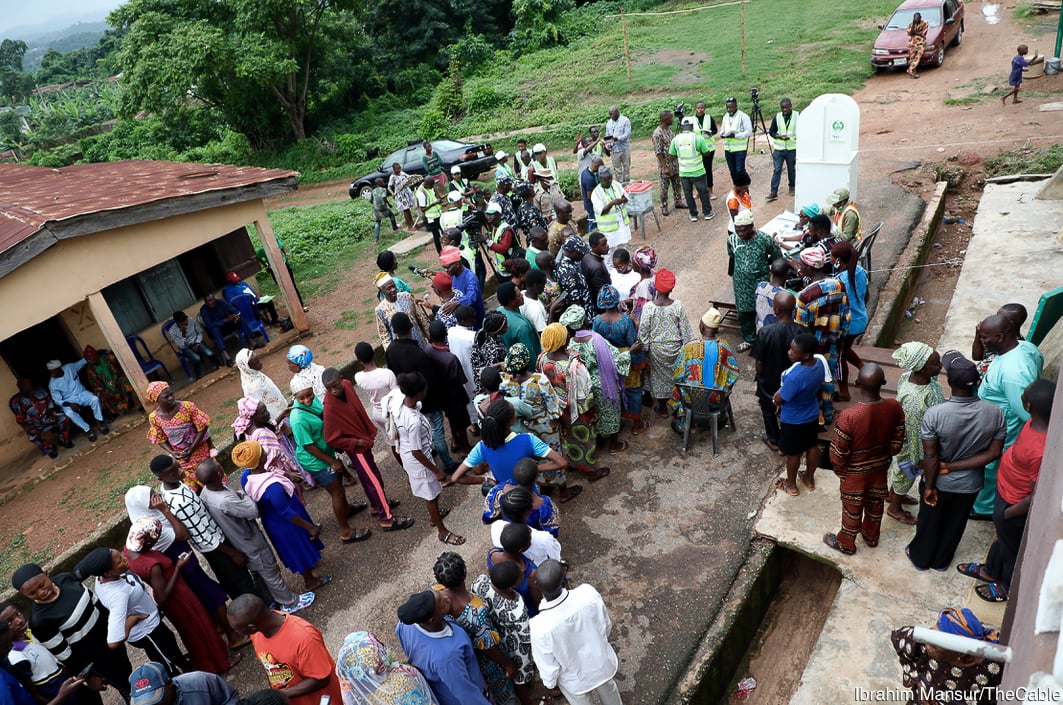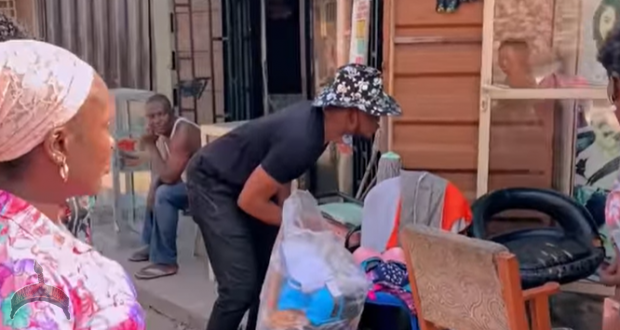BY DAVID ADETULA
On October 15, 2022, the acting director of the Africa Centres for Disease Control and Prevention (Africa CDC), Ahmed Ogwell, said he was treated poorly by immigration personnel in Germany. Ogwell was on his way to attend the 2022 World Health Summit (WHS) in Berlin. The age-long question of “why are Africans mistreated when they try to attend global health programmes that concern them” comes up again.
This trend needs urgent attention as it contributes to deepening global health inequity. To address this problem, African health stakeholders must send a strong message to the perpetrators of global health inequity. They must insist that fairness comes to bear when deciding where international health conferences should occur. Also, African governments must work to improve the continent’s health systems so that reliance on non-African countries will reduce.
On behalf of African health workers, influential leaders, including country presidents in the continent, must boldly condemn acts of global inequality. The African Union (AU) must lead this approach. Over time, the AU has not been vocal enough regarding issues that Africans face when they travel for health conferences outside the continent. The AU could task the Africa CDC to set up a permanent committee within the agency to address this situation. The committee would welcome African health workers to report harassment, poor and racist treatment, visa denials and other forms of global health inequitable practices. The committee would then investigate each case. Cases that are verifiable and found to be true should be escalated to the AU for action. The action could have the AU issue a statement to condemn such global health inequitable practices. The condemnation should warn and highlight the consequences of the actions of inequity perpetrators.
Advertisement
For instance, the AU should be able to demand an explanation from the German authorities and investigate the inequitable treatment of Dr Ogwell. Then, the AU should issue a statement afterwards. The statement must highlight that such a situation tests the resolve and commitment of African health workers. It should also state the threatened cooperation of African health workers to address global health issues.
In the future, African leaders should demand that international health programmes where discussions that most affect Africa should be held on the African continent. African health workers should also ask that countries that are not visa-friendly should not host global health programmes. In 2022, the World Health Summit (Berlin), International AIDS Conference (Montreal) and many other health conferences were held outside Africa. Next year, the Keystone Tuberculosis Symposia (Colorado), Gordon Research Conference on Malaria (Castelldefels), International AIDS Society Conference on HIV (Brisbane), and the World Health Summit (Berlin) will take place outside Africa. Global health equity deepens when a matter that burdens Africa the most is discussed at a table where Africans are not well represented. Africa needs to lead conversations on health issues in Africa. For a start, global health policymakers could commit to holding the WHS 2025 in an African country.
The Conference on Public Health in Africa (CPHIA) 2022 happening in Kigali in December, is commendable. The conference is a plausible example of how Africans should own their problems and discuss how to fix them. Health ministries in African countries should support the Africa CDC to expand CPHIA and other health conferences. The supported expansion would allow more health workers to participate in these health conferences.
Advertisement
Ultimately, the ongoing global inequity remains a wake-up call for governments of African countries. It calls for African governments to invest in bolstering their health structures and systems. African countries need to invest in building infrastructural health facilities. Infrastructures like the capability to respond effectively to the next pandemic would reduce Africa’s reliance on other continents. Every African country should begin to invest in vaccine manufacturing capacity. African countries should commit to adequately funding the Africa CDC. A strengthened Africa CDC would be able to provide a first relief response to poor African countries when they suffer public health emergencies. Africa needs to shift its eyes from expecting donations and aid from other continents when it faces public health emergencies. This way, the rest of the world will only be partners of the continent and not mere unsustainable aid donors when the next pandemic or health emergencies come.
Beyond talks, African leaders must lead actions to disagree with global health inequitable practices. The rest of the world must understand that Africa has always been ready and willing to address its problems. Fixing global health inequity will be a win-win for Africa and the rest of the world. To achieve this win, global health leaders must prioritise equity and fairness on health matters of international concern. While Africa demands justice, the continent must also work hard to build its health systems so that every other country would only be a partner.
David Adetula is a writing fellow at African Liberty.
Advertisement
Views expressed by contributors are strictly personal and not of TheCable.
